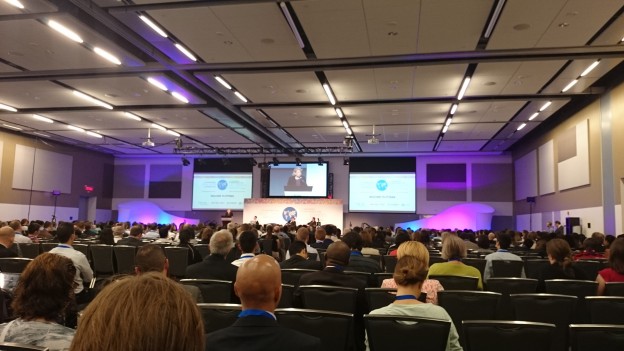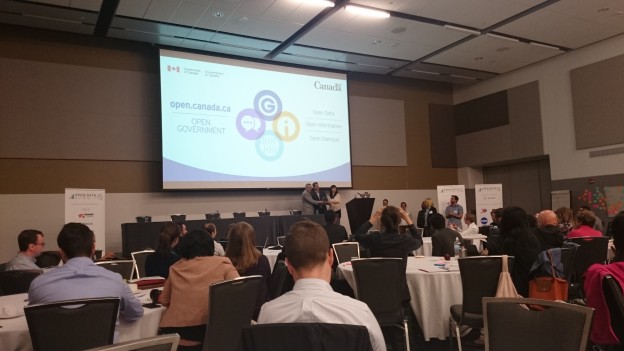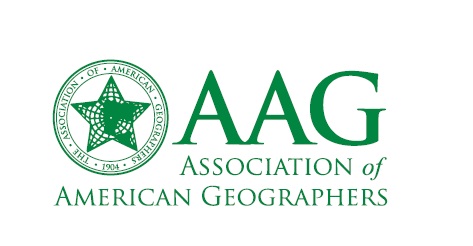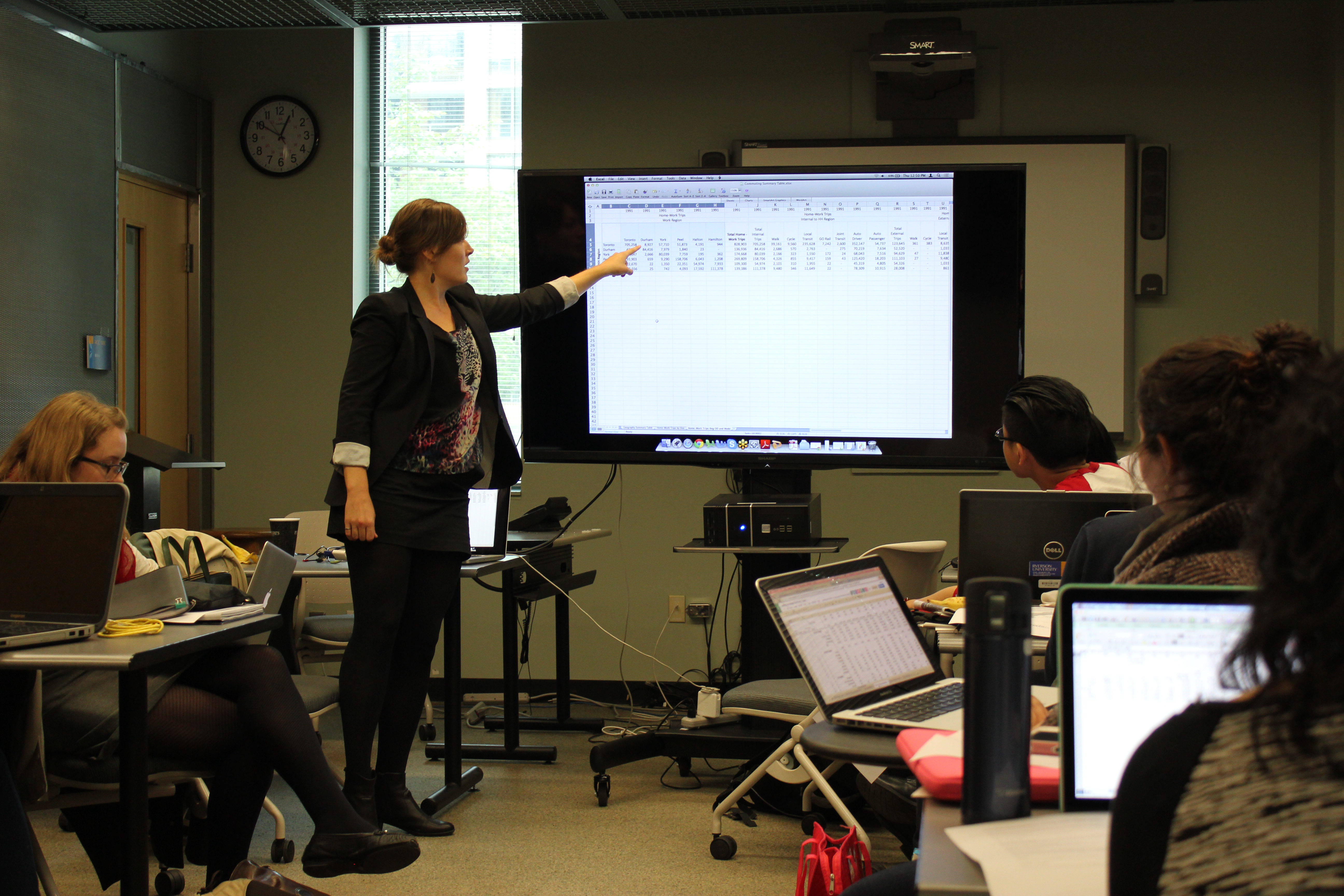
@geothinkca
Jan 20, 2:59pm Welcome all to our #geothink chat, hosted by @cheryldpower on #IntellectualProperty, #copyright, and #geodata! Thanks for joining us!

@cheryldpower
Jan 20, 3:00pm Good evening everyone, Cheryl speaking – Let’s hear from the audience who is out there tonight? #geothink #cheryldpower

@mappingmashups
Jan 20, 3:00pm Today on #geowebchat we’re joining a chat organized by @geothinkca. Use the hashtag #geothink instead! #geowebchat will be back in 2 weeks.

@re_sieber
Jan 20, 3:02pm Can we copyright a geodataset? My understanding is no in US; yes in Canada #geothink

@notgregorypeck
Jan 20, 3:02pm #geothink hello all. looking frwrd to discussion with @cheryldpower

@mappingmashups
Jan 20, 3:02pm @cheryldpower Hi Cheryl. I work at @stamen making maps with #opendata/#openstreetmap. Also doing a PhD at UBC. #geothink

@AmrEldib
Jan 20, 3:03pm @cheryldpower hey, Cheryl. I’m Amr in Vancouver, and wanted to hear all about @geothinkca and #geothink

@cheryldpower
Jan 20, 3:04pm @re_sieber #geothink See feist *US

@mappingmashups
Jan 20, 3:04pm @cheryldpower I also run #geowebchat… hoping the regular #geoweb audience joins this #geothink chat.

@AmrEldib
Jan 20, 3:04pm @re_sieber wouldn’t think be like copyrighting an API which is the topic of dispute between Oracle and Google #geothink

@mappingmashups
Jan 20, 3:05pm @cheryldpower We’ve done a few #geowebchats about #opendata. Check out our transcripts after this #geothink chat:
mappingmashups.net/geowebchat/

@re_sieber
Jan 20, 3:07pm .@cheryldpower I know ab Feist, although it leaves copyright door open for more complicated db structures #geothink

@mhaklay
Jan 20, 3:08pm Will it be interesting to explore ODBl
opendatacommons.org/licenses/odbl/ for this #geothink discussion?

@JamesLMilner
Jan 20, 3:08pm Tuning in to #geothink ; not to hot on IP and copyright but know a little about open source licenses

@cheryldpower
Jan 20, 3:09pm @re_sieber #geothink Science technology and IP & Innovation for 10 years !!

@re_sieber
Jan 20, 3:09pm @AmrEldib Here’s EFF on copyright case ab copyrighting APIs
eff.org/press/releases… #geothink

@cheryldpower
Jan 20, 3:10pm @re_sieber #geothink Is it an original selection of data discuss?

@notgregorypeck
Jan 20, 3:10pm #geothink can you copyright dataset – according 2 interview with David Fewer, hving a dbase isn’t enough for copyright in CanPost case

@re_sieber
Jan 20, 3:12pm Also hot in Canada, copyright case of Canada post v @geolytica
cbc.ca/news/technolog… #geothink

@notgregorypeck
Jan 20, 3:12pm #geothink intrview with David Fewer – one essential ingrdient for copyright: skill of judgement in selection and arrangement of data

@TenilleEBrown
Jan 20, 3:14pm @notgregorypeck Do you have a link for that interview Peck? #geothink

@re_sieber
Jan 20, 3:15pm .@notgregorypeck Big diff btwn Canada & US in terms of “sweat of brow” vv copyright #geothink

@re_sieber
Jan 20, 3:16pm .@notgregorypeck In Canada, you can count some “sweat of brow” as well as creativity in asserting copyright #geothink

@JamesLMilner
Jan 20, 3:16pm ODBI license looks solid but could be more clear about commercial use as per
tldrlegal.com is about Apache 2.0, MIT etc #geothink

@geothinkca
Jan 20, 3:16pm @TenilleEBrown Here is the link to the #Geothink newsletter, the interview is on page 12!

@cheryldpower
Jan 20, 3:17pm Have you been exposed to any type of licensing in association with your research project? #geothink #cheryldpower

@notgregorypeck
Jan 20, 3:18pm #geothink CIPPIC, in Geolytica case, are arguing about that disctntion on ‘sweat of brow’. not easy to determine when everything is sftwre

@geothinkca
Jan 20, 3:19pm @TenilleEBrown
geothink.ca/geothink-newsl… #geothink

@mappingmashups
Jan 20, 3:19pm @JamesLMilner Yes, #ODbL was meant to clear up a lot of the commercial use cases for #OSM, but many think it’s still not obvious. #geothink

@cheryldpower
Jan 20, 3:19pm @JamesLMilner #geothink Do you have a link?

@ClausRinner
Jan 20, 3:20pm Re @re_sieber : What do people think/know about postcodes in OpenStreetMap? Seems a great platform to collect them systematically. #geothink

@cheryldpower
Jan 20, 3:21pm @mhaklay #geothink Do you have specific questions? Have you experience with the license?

@re_sieber
Jan 20, 3:21pm Copyright in geospatial realm draws on precedence of both pictures (maps), easier to copyright, v. data, difficult to copyright #geothink

@JamesLMilner
Jan 20, 3:23pm @mappingmashups interesting. Just read this article about #ODbL issues
openstreetmap.org/user/lxbarth/d… #geothink

@mhaklay
Jan 20, 3:23pm @cheryldpower No, I don’t have any specific question. Just noticed that it created a lot of noise from different directions! #geothink

@re_sieber
Jan 20, 3:23pm .@ClausRinner @geolytica case show us Canada Post asserts copyright over 6 digit postal codes, regardless of collection platform #geothink

@cheryldpower
Jan 20, 3:25pm @re_sieber #geothink Tele-Direct v. American Business Information, need original intellectual creation

@re_sieber
Jan 20, 3:25pm .@ClausRinner What can be done legally in US vv copyright can’t nec be done legally in Canada. Prob for intl platform lk #OSM #geothink

@mhaklay
Jan 20, 3:25pm @cheryldpower e.g.
lists.openstreetmap.org/pipermail/lega… or
openstreetmap.org/user/lxbarth/d… #geothink vs
osmfoundation.org/wiki/License #geothink

@re_sieber
Jan 20, 3:28pm .@cheryldpower Tele-Direct case still asserted that min degree of skill in arrangement is protected by copyright under Canada law #geothink

@mappingmashups
Jan 20, 3:29pm @ClausRinner @re_sieber Related to postal codes in #OSM is the openaddresses.io project which is a parallel database w/out #ODbL #geothink

@re_sieber
Jan 20, 3:30pm .@cheryldpower’s mention of Feist, Tele-Direct highlights that geospatial db law derives from phonebooks #geothink

@TenilleEBrown
Jan 20, 3:30pm @JamesLMilner Its aimed at the user of the software? So aimed at informing public what they are able to do with said data-set? #geothink

@re_sieber
Jan 20, 3:31pm Welcome @geolytica, to our twitterchat discussion of geospatial data & copyright #geothink

@cheryldpower
Jan 20, 3:32pm Do you think there should be any type of IP protection on forms of data for example databases ? #geothink #cheryldpower

@re_sieber
Jan 20, 3:33pm .@geolytica has personal experience w the assertion of copyright in Canada vv geospatial data #geothink

@nixzusehen
Jan 20, 3:34pm @JamesLMilner
spatiallaw.com/Uploads/ODbL_a… #geothink

@mhaklay
Jan 20, 3:36pm @cheryldpower maybe IP protection help in securing privacy & control. e.g. indigenous groups geodata – might deter biotech abuse? #geothink

@re_sieber
Jan 20, 3:36pm Advertisement: #geothink researches copyright, IP and licenses regarding geoweb (also social justice, particip..). Partners inc CIPPIC, OSM.

@geolytica
Jan 20, 3:38pm @re_sieber I recently gave a talk at the state of the map on this topic. #geothink My slides are here:
geocoder.ca/onetimedownloa…

@geothinkca
Jan 20, 3:38pm @mhaklay Are you referring to biotech companies patenting traditional knowledge? #geothink

@TenilleEBrown
Jan 20, 3:40pm @mhaklay @cheryldpower yes to biotech use. As well as abuse of the areas of traditionally owned land #geothink

@mhaklay
Jan 20, 3:41pm @geothinkca for example. Beyond biotech, other companies using information about specific plants/resources etc. ? Not sure though! #geothink

@re_sieber
Jan 20, 3:41pm .@mhaklay any insight into why UK didn’t go after OSM vv crown copyright violations compared to Canada? #geothink @geolytica

@JamesLMilner
Jan 20, 3:44pm further reading implies that ODbL is very patchy indeed; big issues re: when “share-alike” provisions apply
spatiallaw.com/Uploads/ODbL_a… #geothink

@re_sieber
Jan 20, 3:44pm .@cheryldpower I’d argue that crowdsourced datasets should give IP protections to contributors, including Yelp, fb, TripAdvisor #geothink

@mhaklay
Jan 20, 3:45pm @re_sieber @geolytica which violations? OSM community in the UK was vocal to new members about copyright in the early days #geothink

@mhaklay
Jan 20, 3:47pm @JamesLMilner this study is funded to support MapBox view of the ODBl issue, so take it with a pinch of salt … #geothink

@re_sieber
Jan 20, 3:48pm .@mhaklay ownership not just ab copying. CanadaPost asserting tm over “postal code”
o.canada.com/business/canad… @geolytica #geothink

@cheryldpower
Jan 20, 3:50pm .@mhaklay #geothink I view the IP & privacy issues through different lens with IP potentially granting exclusive rights in a form of data

@mhaklay
Jan 20, 3:51pm @re_sieber @geolytica not yet, because ‘postcodes’ and addresses are a completely messy issue in the UK because of the Royal Mail #geothink

@mhaklay
Jan 20, 3:52pm @re_sieber @geolytica see
alpha.openaddressesuk.org and
…al-government.governmentcomputing.com/news/cabinet-o… as a way to overcome it #geothink

@cheryldpower
Jan 20, 3:52pm How do we provide incentives for the open sharing of data? #geothink #cheryldpower

@re_sieber
Jan 20, 3:54pm As sidebar to @cheryldpower, a justif for “sweat of brow” inclusion in crown copyright is to protect investment of creator,inc gov #geothink

@mhaklay
Jan 20, 3:55pm I wonder if there is any value in studying the discourse at OSM legal talk about lay concepts?
lists.openstreetmap.org/pipermail/lega… #geothink

@notgregorypeck
Jan 20, 3:56pm .@cheryldpower #geothink probly need alternative revenue streams – open you data, but need that data to feed into use of other services

@re_sieber
Jan 20, 3:57pm @mhaklay “studying the discourse at OSM legal talk about lay concepts” sounds like a potential whitepaper to me for #geothink @cheryldpower

@notgregorypeck
Jan 20, 3:57pm .@cheryldpower #geothink a Google model for business. provide free service, and tunnel your customers into your other services

@cheryldpower
Jan 20, 3:58pm @re_sieber @mhaklay Absolutely we should talk in the days to come #geothink

@geolytica
Jan 20, 3:59pm @mhaklay @re_sieber 1M UK addresses, what percentage of the total is that? Our database in Canada currently stands at over 12M. #geothink

@geothinkca
Jan 20, 4:00pm @notgregorypeck @cheryldpower Opening data may also crowdsource expensive problem-solving and optimization #geothink

@mhaklay
Jan 20, 4:01pm @cheryldpower some ideas from @DrBobBarr about Core Reference Geographies
agi.org.uk/storage/events… &
agi.org.uk/storage/events…#geothink

@geothinkca
Jan 20, 4:02pm Just a few more minutes of this #geothink chat, if you has any more comments! (We’ll return again in the future)

@mhaklay
Jan 20, 4:04pm @geolytica @re_sieber
en.wikipedia.org/wiki/Postcode_… – 29m addresses #geothink

@re_sieber
Jan 20, 4:04pm In future would love to have either #geowebchat or #geothink chat just on licenses.

@geothinkca
Jan 20, 4:06pm Thanks evryone 4 joining this #geothink & #geowebchat. Thanks @cheryldpower for hosting. Well be back in th future, stay tuned @geothinkca

@mappingmashups
Jan 20, 4:08pm @geothinkca I’ll archive this #geothink chat alongside the other #geowebchats here:
mappingmashups.net/geowebchat/ Will post in a few days.

@mappingmashups
Jan 20, 4:09pm @re_sieber The next #geowebchat is Feb 3rd. Do we want to talk about licenses then? #geothink

@re_sieber
Jan 20, 4:11pm .@mappingmashups Great idea #geowebchat. Licenses for geospatial data #geothink
Special thanks to Cheryl for hosting, and @mappingmashups for mashing #geowebchat chat with our #geothink chat. Love Twitter chats? Have an idea for a Geothink Twitter chat? Get in touch: @geothinkca!




 @geothinkca
@geothinkca  @cheryldpower
@cheryldpower  @mappingmashups
@mappingmashups  @re_sieber
@re_sieber  @notgregorypeck
@notgregorypeck  @AmrEldib
@AmrEldib  @mhaklay
@mhaklay  @JamesLMilner
@JamesLMilner  @TenilleEBrown
@TenilleEBrown  @ClausRinner
@ClausRinner  @geolytica
@geolytica 